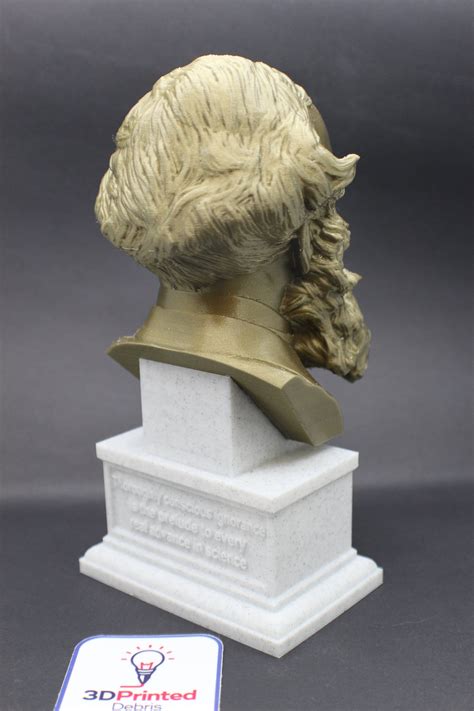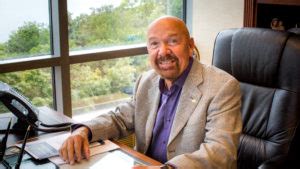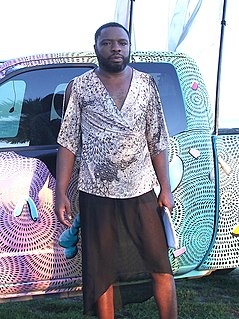A Quote by James Black
Clinically, angina pectoris was known to be precipitated by anxiety and emotion just as well as by exercise.
Related Quotes
Cayenne is most effective for heart and blood circulation problems, and for angina pectoris, palpitations, and cardiac arrhythmias. It's a miracle for congestive heart failure. It is a specific for anyone who has any type of circulatory problems, such as high or low blood pressure, elevated cholesterol, triglycerides and fats, even varicose veins.
The science of being healthy is well-known. It is not esoteric. There are no magic bullets. If you want to live a long life, we've known the answers for more than a hundred years. It's a wide-ranging diet with as much fruit and veg as you can stuff into yourself, and plenty of exercise. It doesn't even matter what kind of exercise.
The presence of anxiety is unavoidable, but the prison of anxiety is optional. Anxiety is not a sin; it's an emotion. So don't be anxious about feeling anxious. Anxiety can, however, lead to sinful behavior. When we numb our fears with six-packs or food binges, when we spew anger like Krakatau, when we peddle our fears to anyone who will buy them, we're sinning.





































